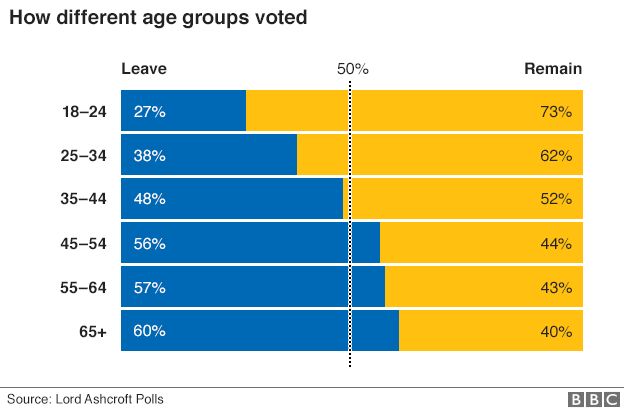Recently released: The Routledge Handbook of Philosophy of Information.
Information and communication technology occupies a central place in the modern world, with society becoming increasingly dependent on it every day. It is therefore unsurprising that it has become a growing subject area in contemporary philosophy, which relies heavily on informational concepts. The Routledge Handbook of Philosophy of Information is an outstanding reference source to the key topics and debates in this exciting subject and is the first collection of its kind. Comprising over thirty chapters by a team of international contributors the Handbook is divided into four parts:
- basic ideas
- quantitative and formal aspects
- natural and physical aspects
- human and semantic aspects.
Within these sections central issues are examined, including probability, the logic of information, informational metaphysics, the philosophy of data and evidence, and the epistemic value of information.
